- LAR
- INDÚSTRIAS
- INDÚSTRIAS
- A caldeira Fang Kuai oferece sob demanda, soluções modulares de vapor para aplicações industriais e comerciais que requerem vapor de processo para aquecimento, esterilização, umidificação, e mais.
- PRODUTOS
- CASO GLOBAL
- SOBRE NÓS
- NOTÍCIAS
- CONTATO





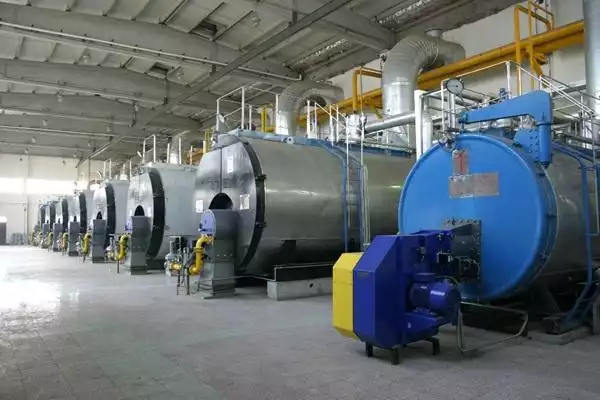
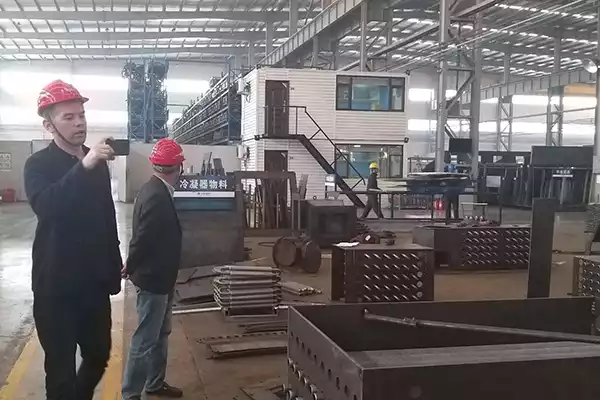
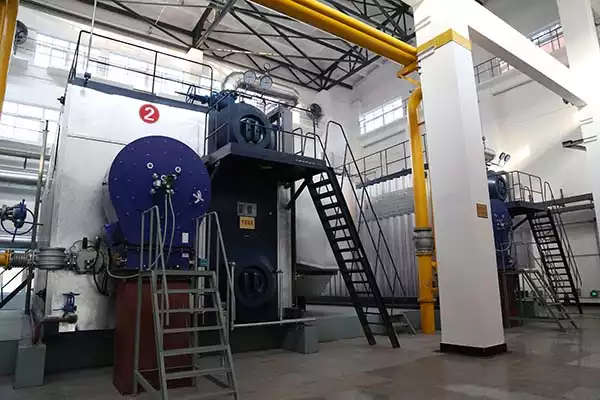
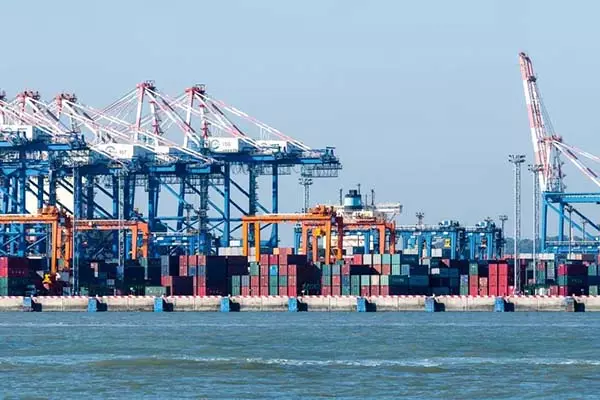
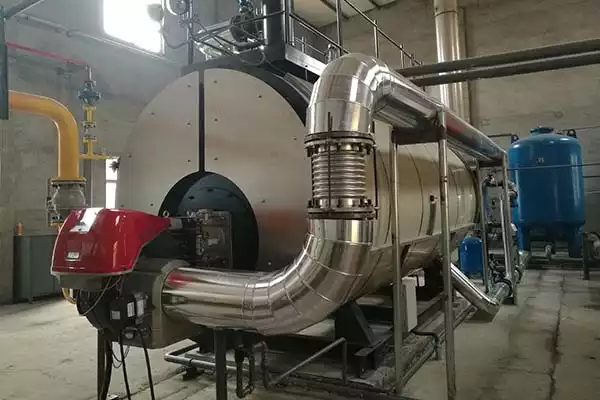
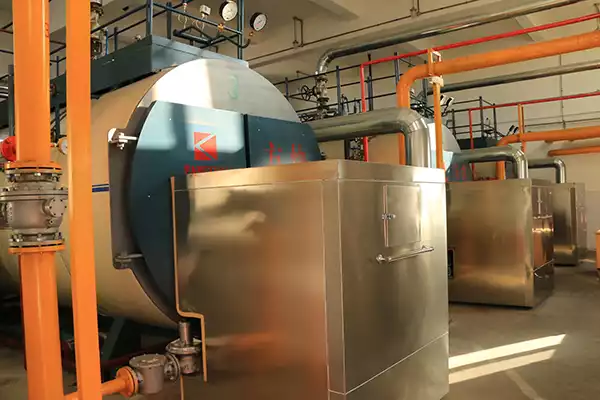
.jpg)



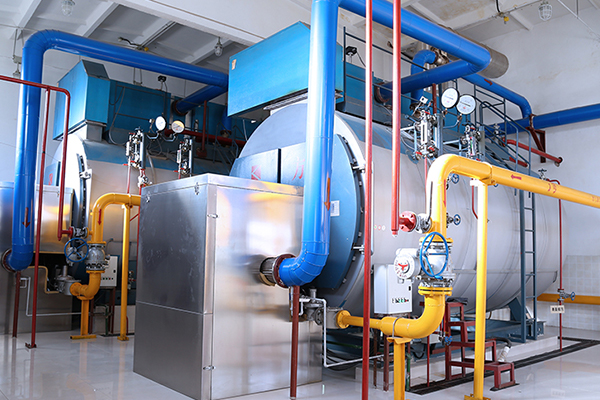
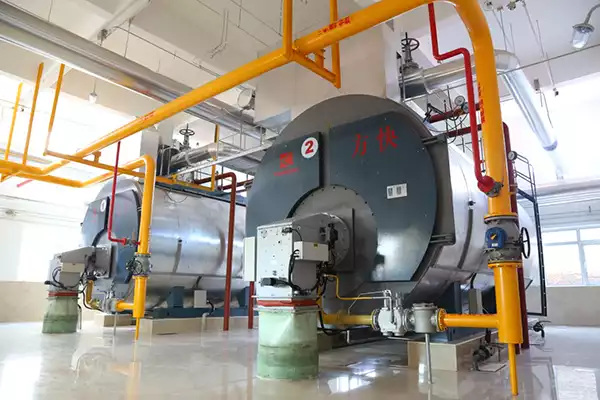
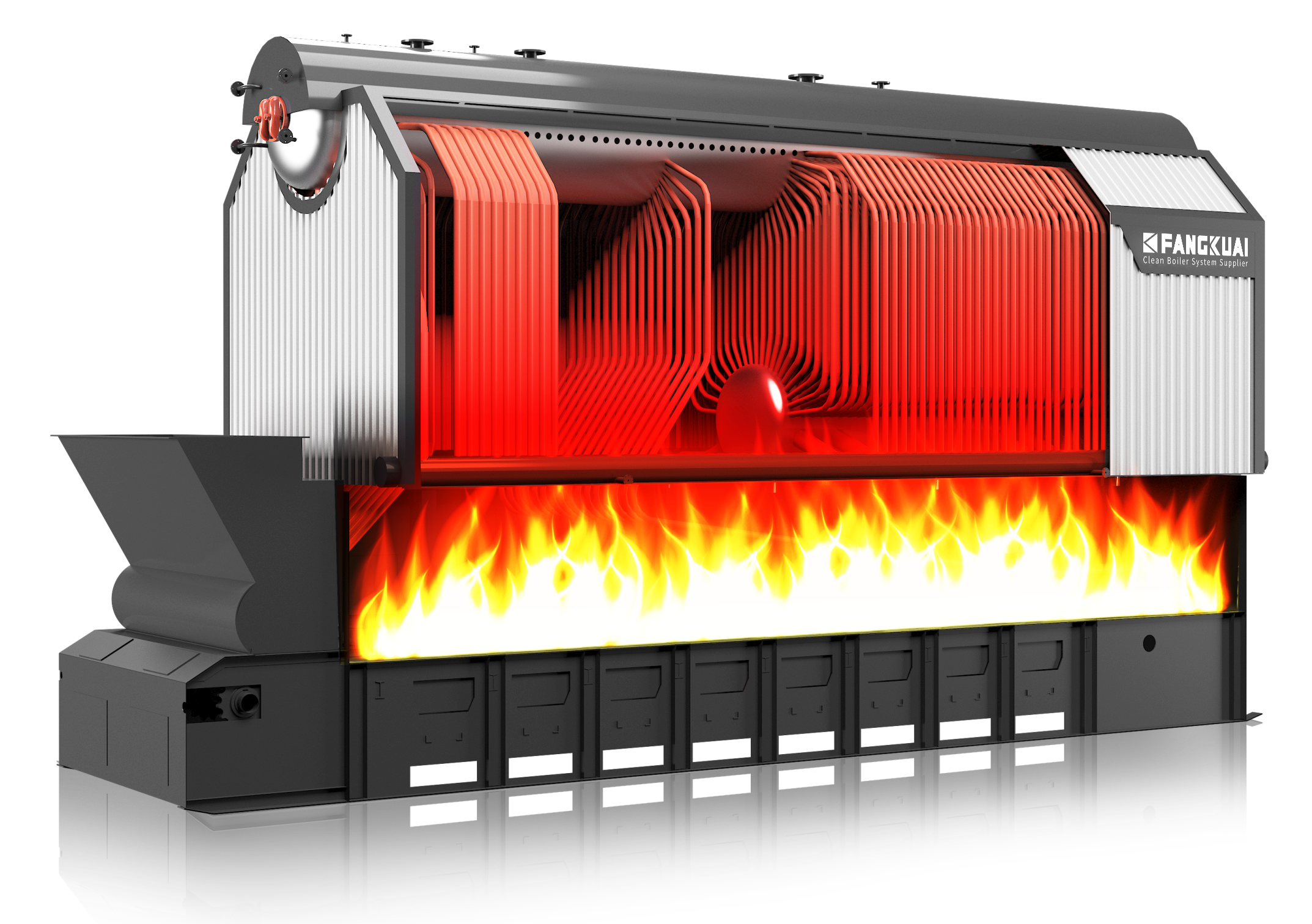
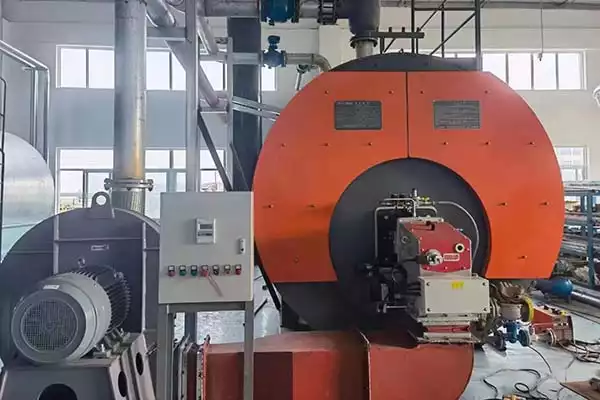
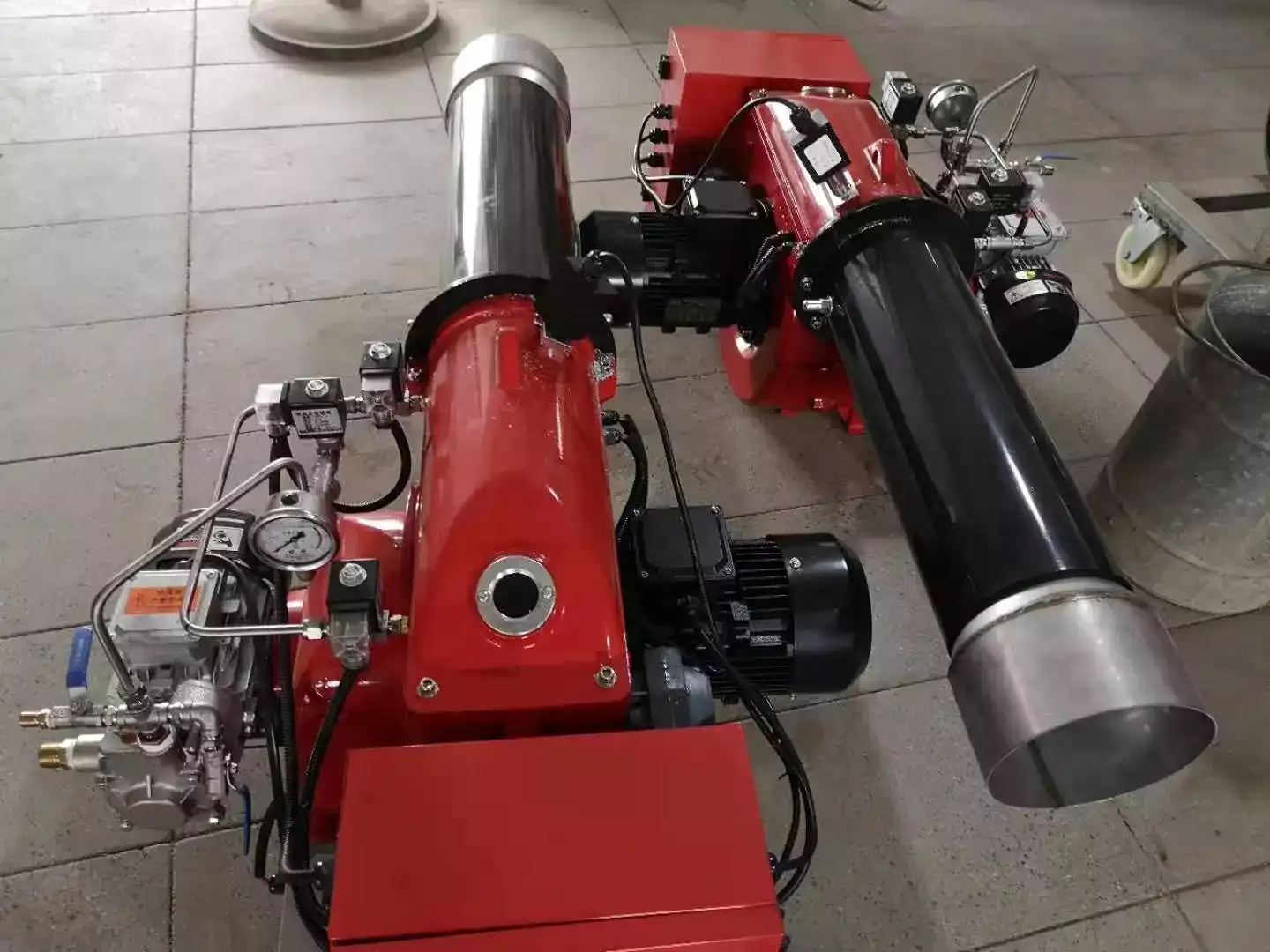
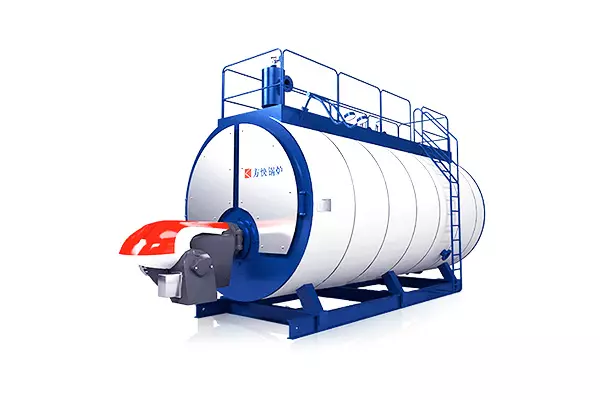
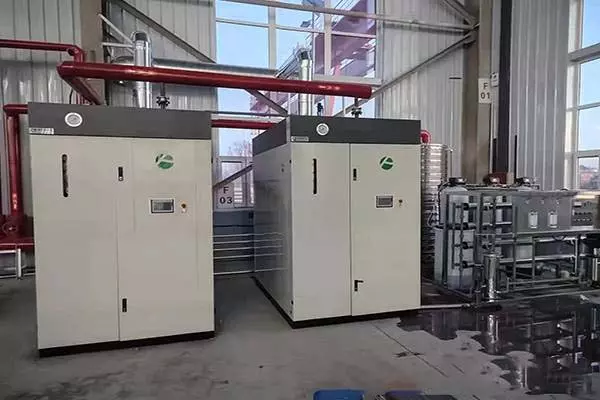
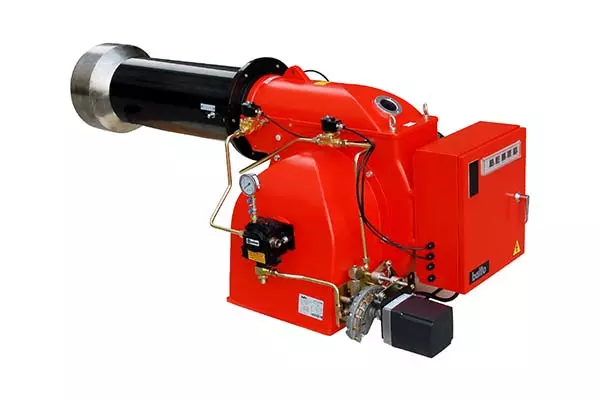



Vveja as avaliações do nosso cliente
"A caldeira de água quente de Fangkuai é incrível. Aquece de forma rápida e eficiente, e a água fica quente por muito tempo. Nunca tivemos problemas com ele e ele trouxe uma melhoria significativa em nossas operações diárias. O processo de instalação também foi muito tranquilo e o atendimento ao cliente foi excelente. Eu recomendo as caldeiras de água quente da Fangkuai."
sara
Canadá"Há anos que usamos a caldeira de óleo térmico Fangkuai para nossa fábrica de produtos químicos e ela nunca nos decepcionou. A caldeira é muito durável e pode suportar condições adversas. Também é muito fácil de operar e manter, o que nos ajudou a economizar tempo e dinheiro em manutenção. As caldeiras de óleo térmico da Fangkuai são excelentes e eu as recomendo para qualquer pessoa que precise de soluções de aquecimento confiáveis."
Chang
China"Estou muito impressionado com a qualidade da caldeira de água quente de Fangkuai. Foi construído para durar e superou minhas expectativas. O processo de instalação também foi muito tranquilo e o atendimento ao cliente foi excelente. A caldeira de água quente é muito fácil de operar e manter, e a eficiência energética é notável. Eu recomendo as caldeiras de água quente da Fangkuai."
Jack
Austrália"O gerador de vapor da Fangkuai é perfeito para minha pequena empresa. É muito fácil de usar e requer manutenção mínima. Também é muito eficiente energeticamente, que me ajudou a economizar dinheiro em minhas contas de energia. O atendimento ao cliente da Fangkuai também é excelente. Eles são muito receptivos e sempre dispostos a ajudar. Eu recomendo os geradores de vapor da Fangkuai."
Ahmed
Egito"O equipamento auxiliar de Fangkuai tornou meu sistema de caldeira ainda melhor. A qualidade do equipamento é excepcional e os preços são muito razoáveis. O equipamento ajudou a melhorar a eficiência e o desempenho do meu sistema de caldeira, o que levou a uma economia significativa de custos. Eu recomendo o equipamento auxiliar da Fangkuai para qualquer pessoa que precise de acessórios de caldeira de alta qualidade."
Maryk
Reino Unido"O atendimento ao cliente da Fangkuai é excelente. Eles me ajudaram a escolher a caldeira perfeita para minhas necessidades e forneceram um ótimo suporte durante todo o processo. O processo de instalação também foi muito tranquilo e a caldeira superou minhas expectativas. É muito fácil de usar e manter, e a eficiência energética é notável. Eu recomendo os produtos da Fangkuai para qualquer pessoa que precise de soluções de aquecimento confiáveis e eficientes."
Juan
México"A caldeira de água quente de Fangkuai é incrível. Aquece de forma rápida e eficiente, e a água fica quente por muito tempo. Nunca tivemos problemas com ele e ele trouxe uma melhoria significativa em nossas operações diárias. O processo de instalação também foi muito tranquilo e o atendimento ao cliente foi excelente. Eu recomendo as caldeiras de água quente da Fangkuai."
sara
Canadá"Comprei uma caldeira a vapor Fangkuai para minha fábrica e ela está funcionando perfeitamente há meses. A qualidade dos materiais e a construção da caldeira são impressionantes. Também é muito eficiente energeticamente, que nos ajudou a economizar dinheiro em nossas contas de energia. Eu recomendo os produtos da Fangkuai para qualquer pessoa que precise de soluções de aquecimento confiáveis e eficientes."
John
EUA"A caldeira a vapor da Fangkuai é perfeita para o meu negócio de processamento de alimentos. Atende a todos os nossos requisitos e é muito confiável. A qualidade dos materiais e a construção da caldeira são excepcionais. Também é muito fácil de operar e manter, o que nos ajudou a economizar tempo e dinheiro em manutenção. Eu recomendo as caldeiras a vapor da Fangkuai para qualquer pessoa que precise de soluções de aquecimento confiáveis."
json
Brasil